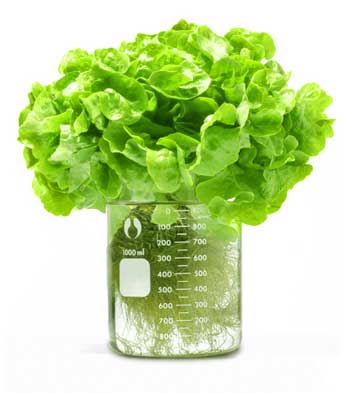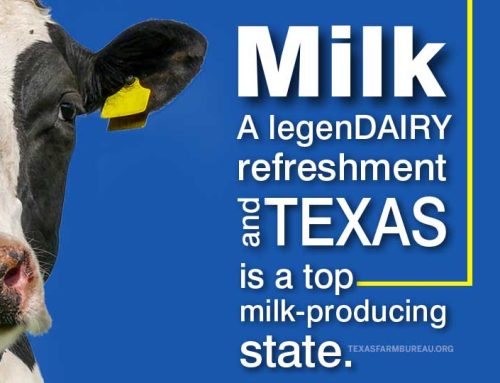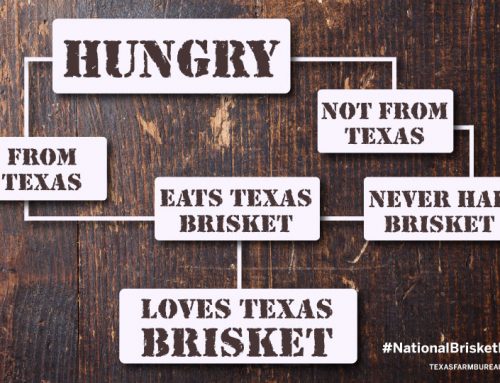By Amanda Hill
Science is an amazing thing. Think about some of the advancements we’ve made in the past 100 years: new medicines have advanced the average lifespan from 49.2 years at the turn of the century to 77.5 years in 2003; cars don’t just take us from point A to point B, but they also tell us how to get there; and through complicated communications networks, we can reach our friends and family in an instant—anytime, anywhere.
Science has progressed nearly every area of our life, including the food we eat. Farmers have used technology to grow more food for more people on essentially the same amount of land. In 1941, one farmer could feed 19 people each year. Now one farmer feeds 155 people.
Farmers are able to grow considerably more, thanks in part to advancements in genetic engineering. Some consumers are concerned with the safety of genetically engineered food, but the modified seeds grow just like any other seed that has been naturally crossbred and grown in fields for years.
Scientists are able to take traits from one plant and introduce that trait to another. For example, one plant may be more resistant to bugs or weeds. By planting these improved seeds, farmers are able to grow food in conditions that otherwise would leave their fields bare. Scientists are even working on crops that are resistant to drought. Imagine what could be grown—even during a historic drought here in Texas.
So what’s next? Scientists are working to improve the health benefits of food through genetic engineering. They are able to identify genes with higher amounts of antioxidants and vitamin C and introduce those traits to fresh produce.
To me, that’s pretty amazing. In a time when just about any product, including soda, is marketed for increased antioxidants and vitamins, I welcome a more healthy option in fresh fruits and vegetables.
In fact, a recent study by Iowa State University researcher Wallace Huffman found that consumers not only want genetically engineered foods with added health benefits, but they are willing to pay up to 25 percent more for them. It makes sense. Organic farmers receive a premium for their products. Why wouldn’t consumers pay more for foods with added nutrients?
Not everyone will agree that genetically engineered foods are right for them, but science has given us options. American consumers are given the choice of a wide variety of products and can purchase what they like.
What do you think? Would you pay a premium for fruits and vegetables with antioxidants and vitamins added through science?











Leave A Comment